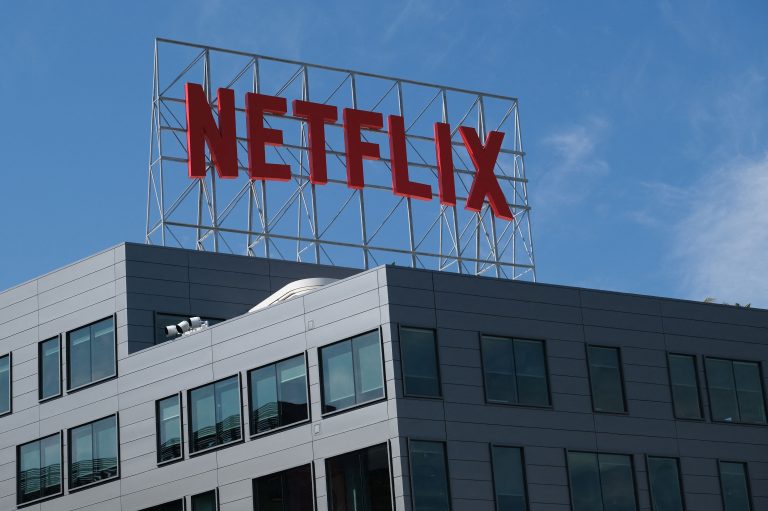Streaming video giant Netflix, the world’s largest streaming video service, is warning of a global crackdown that will target households sharing login credentials for its platform.
Netflix estimates that some 100 million households worldwide are likely using a shared password to access its content and in the U.S. and Canada the number of households engaging in the practice is estimated to be around 30 million.
Netflix acknowledged in a quarterly shareholder letter that in the past it has intentionally allowed out-of-home password sharing because it was an effective tool to coax users to get hooked on its platform and become paying subscribers.
In 2016 co-founder and co-CEO Reed Hastings said the company was “doing fine” despite password sharing and said the company had no intentions of cracking down on the practice.
At the time he said, “Password sharing is something you have to learn to live with, because there’s so much legitimate password sharing, like you sharing with your spouse, with your kids …. so there’s no bright line, and we’re doing fine as is.”
Success
You are now signed up for our newsletter
Success
Check your email to complete sign up
However, competition from popular streaming services like Disney+ and Apple TV+ have been eating into the company’s profits and it now wants the millions of households currently using someone else’s login credentials to start paying up.
In the letter to its shareholders Netflix wrote, “Our relatively high household penetration — when including the large number of households sharing accounts — combined with competition, is creating revenue growth headwinds,” adding that “Account sharing as a percentage of our paying membership hasn’t changed much over the years, but, coupled with the first factor, means it’s harder to grow membership in many markets — an issue that was obscured by our COVID growth.”
The comments were made after Netflix reported that they lost paid subscribers for the first time in more than 10 years. Some 200,000 paid subscribers opted out of the service in the first quarter of 2022 alone and the company is projecting it will lose an additional 2 million more subscribers in the second quarter.
Currently, the company claims to have 222 million paid subscribers worldwide, a number the company attributes to a boom in subscribers during the COVID-19 pandemic.
The company is testing different solutions to its password sharing dilemma in Chile, Costa Rica and Peru and on a recent earnings call executives said that it could expand the model it implemented in these countries to charge accounts that share passwords out-of-home extra.
While Netflix has not announced a global strategy as of yet it has suggested the changes could come as early as 2023.
Netflix’s stock tanks
On April 20, following the news that the company lost subscribers for the first time in 10 years its stock plummeted by an astounding 36.46 percent.
The plunge wiped out $50 billion in market cap for the company and significantly contributed to a more than 40 percent drop in the value of the company’s stock year to date.
Netflix, once thought to be the future of the entertainment industry is now expressing concern over future growth.
Michael Nathanson, a media analyst with MoffetNathanson, told CNN Business, “What worked until this point may not be working anymore. The world’s changed.”
While losing 200,000 subscribers with a subscriber base of 222 million may not seem like the sky is falling, it did catch investors by surprise considering the platform was forecasting to add 2.5 million new users to the platform in the first three months of 2022.
The company is pointing its finger at numerous culprits for its declining subscriber count and even blamed Russia’s invasion of Ukraine for its dismal performance.
Following Russia’s “special military operation” in Ukraine, Netflix pulled its service from Russia resulting in a loss of around 700,000 subscribers.
The company is also blaming other “macro factors” impacting the company including “sluggish economic growth, increasing inflation … and continued disruption from COVID.”
















